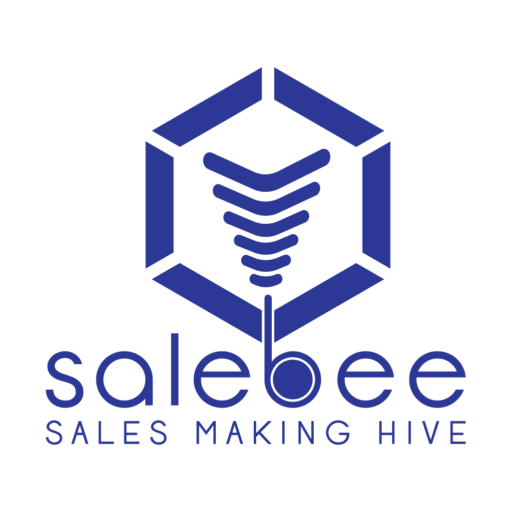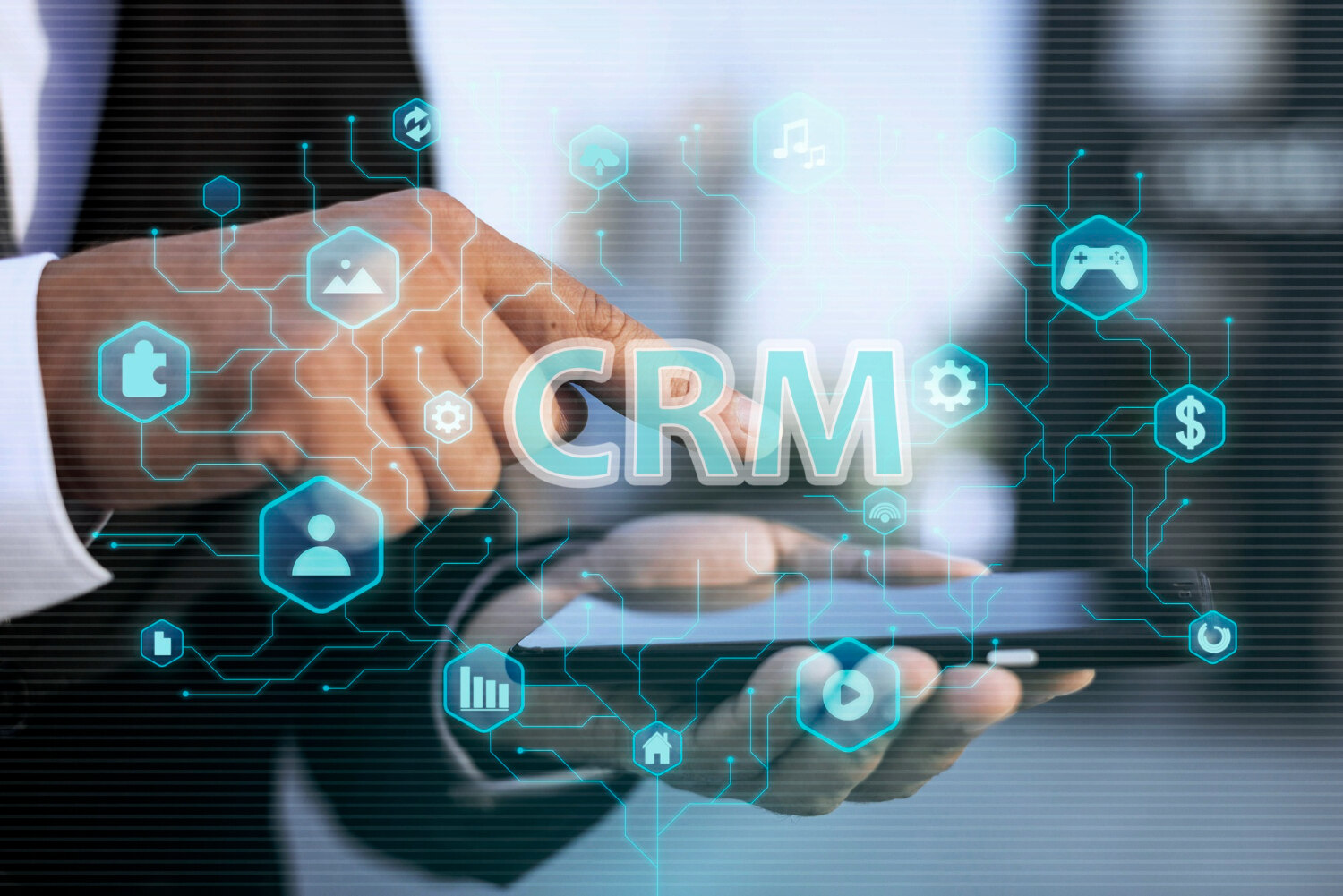The Ultimate Guide to CRM Software for Small Business
Have you heard of “customer relationship management” (CRM) before? It’s a way for businesses to keep track of their customers and improve sales. Despite its effectiveness, many salespeople still don’t use CRM tools. They prefer to use old-fashioned methods like spreadsheets and emails to store customer information.
However, using CRM software for small businesses can boost sales by around 29%! In our guide, we’ll explain what CRM is, why it’s important, how to pick the best CRM software, and how to make the most of it for your small business.
What Is CRM Software?
A CRM is basically a smart contact organizer for your customer data like contact details, past purchases, and any support issues. Instead of having this information scattered everywhere, a CRM puts everything in one place. The software also helps with things like sales, marketing, and customer service by offering extra tools.
As a result, your team can easily find what they need and keep track of your relationships with customers.
What Are The Benefits of CRM?
CRM software comes with a lot of benefits. Some key advantages are described below-
Happier Customers, Better Service
Having all your customer info in one place lets your team give top-notch service because they have everything they need to help each customer quickly. Happy customers stick around longer. You can offer further service to them.
Sales and Marketing on the Same Page
A CRM helps your sales and marketing teams work together in an efficient manner. Marketing can find potential customers and send their info to sales. Sales can then use this information to close deals faster.
No More Data Headaches
Manually updating information is a big hassle. A CRM keeps all your customer data organized and up-to-date automatically. You don’t have to worry about typos or waste your time anymore!
Work Smarter, Not Harder
CRMs are popular for doing things automatically. With the help of artificial intelligence and automation, tasks that used to take a lot of time and effort can now be done quickly and easily. However, the automation isn’t just about updating contact information. It also includes things like chatbot conversations, following up with customers, sending emails, managing sales processes, and nurturing leads.
Talk to Customers Wherever They Are
CRM lets you find new customers and keep in touch with the existing ones using different ways to talk to them. These channels include online chatting, emailing, video calling, or using social media.
Lots of software have extra features like tracking calls, adding videos, managing social media, and using chatbots to make sure customers have a good experience. When you know your customers well, the better chance you have of building strong relationships with them.
Top Features of Great CRM Software
CRM comes with lots of options with different features. And every system is unique. Still, great CRM software usually includes the following-
- Contact Management: Keeping track of your customer’s contact information, such as phone number, address, purchase history, etc.
- Pipeline Management: Keep track of where your sales are at and how your customers are doing.
- Workflow Automation: Automating repetitive tasks like sending follow-up emails after a customer makes a purchase.
- Real-time Data: Get up-to-date information and useful reports to make smart decisions.
- Reporting: Generating reports on sales performance, like which products are selling best or which marketing campaigns are most effective.
- Customization: Update the CRM to your business needs by adding custom fields for specific information you want to track.
- Integrations: Make sure the CRM can work with other software you already use in your business.
How to Choose The Best CRM Software?
Choosing the best CRM software for your business can seem overwhelming with as so many options are available out there. However, the below steps will help you find the perfect CRM that fits your needs.
Understand Your Business Needs
Start by identifying the needs and goals of your business and team. Gather input from all teams that will use the CRM and prioritize features based on their feedback. Choose a CRM that is user-friendly and helps your business process.
Budget Wisely and Look for Value
While CRM software can be expensive, there are ways to save money. As a small business owner, you might want to look for an inexpensive solution. So, check out hidden fees, consider annual payment options for potential savings, and explore discounts or deals for startups. Choose a plan that offers the features your business needs at a reasonable price.
Security and Compliance
Ensure that the CRM software follows data privacy laws, especially if you operate in regions like Europe with strict regulations such as GDPR. Protecting customer data should be a top priority to avoid legal issues and maintain trust.
Cloud-Based Solutions
Opt for cloud-based CRM solutions for easier access, faster setup, and lower costs compared to on-premise options. Cloud-based CRMs offer more features, better support, and scalability to accommodate your business growth.
Excellent Customer Support
It’s better to have a CRM vendor that provides fast and reliable customer support through multiple channels. Look for a provider that offers not just basic support but also customer success services to help you maximize the value of your CRM.
Compatibility with Existing Systems
Ensure that the CRM integrates seamlessly with your current software stack, including email, accounting, and marketing tools. Compatibility issues can disrupt workflow and hinder productivity, so choose a CRM that works well with your existing systems.
Scalable Features
Select a CRM that offers scalability to support your business growth. Look for solutions that provide a wide range of integration opportunities and can accommodate expanding data and user needs over time.
Top 10 Affordable CRM Software You Can Opt for Your Small Business
To make your searching easier, here we shortlisted the top 10 budget-friendly CRMs that are just perfect for your small business. Take a look at the list.
- SaleBee
SaleBee CRM is designed to improve sales and marketing performance. It offers features like lead management, task management, reporting, and analytics. It has a user-friendly interface and mobile accessibility, along with customization options for businesses.
The tool helps businesses achieve goals and improve efficiency with features like data organization, reporting, and sales pipeline management.
- Salesforce
A well-established CRM giant known for its robust security features. Salesforce caters to a wide range of businesses, from small startups to large enterprises. However, its strong features come at a price, making it a more expensive option compared to others on this list.
- HubSpot
If you’re a startup looking for a free CRM solution to get started, HubSpot offers a free tier with basic features to manage your contacts and track sales activity. They also have paid plans with additional functionalities.
HubSpot is a good fit for startups and small businesses, especially those that want marketing automation tools alongside their CRM.
- Pipedrive
Ideal for visualizing your sales journey with its sales pipeline feature. Manage prospects and deals at every stage with ease. Pipedrive offers affordable plans that cover the core CRM functionalities you need. If you want a budget-friendly option, this would be the right choice for you.
- Zoho
Zoho provides a free plan for up to 3 users, making it a good option for very small teams just starting out. However, the free plan has limitations, and Zoho’s paid plans become less attractive for larger teams as they may not scale as well.
- Freshsales
Freshsales is a CRM offering a free plan and paid options starting at $9 per user/month. It excels at lead capture and management, guiding them through your sales pipeline. They offer a lengthy 21-day free trial, with paid plans unlocking features like advanced reporting and deal management. Ideal for businesses prioritizing comprehensive lead nurturing and affordable pricing.
- Salesmate
While Salesmate doesn’t offer a free tier, it makes up for it with affordable paid options packed with features. It excels in sales and marketing automation, offering tools like email marketing and workflow automation to streamline your processes.
- Insightly
This unique offering combines CRM functionalities with project management tools. If you’re a small business that needs to manage both projects and customers, Insightly can be a good fit. It offers a free plan for up to 2 users, with paid plans starting at $29 per month.
- Agile CRM
Agile CRM is ideal for small businesses seeking marketing automation without a large budget or technical team. It offers a free plan and paid options starting at $8.99/user/month. Drag-and-drop workflows and behavior-based lead scoring help automate complex marketing tasks and target the right audience.
It also automates lead qualification and sales rep assignment, promoting smoother marketing-sales alignment.
- Nutshell
Designed with B2B startups in mind, Nutshell offers a simple and user-friendly CRM platform. Despite its simplicity, Nutshell packs a punch with features like contact management, pipeline management, and email marketing tools, all offered at an affordable price.
Final Words
In conclusion, CRM software for small businesses can be a game-changer. With a wide range of affordable options available, choose the right one for you to transform your business.
The secret to finding the perfect tool is to figure out what you need it for, and what features matter most, and pick a platform that’s easy to use and works well with the things you already use.
Take advantage of free trials and explore the options we have provided to find the perfect. So, what are you waiting for?


